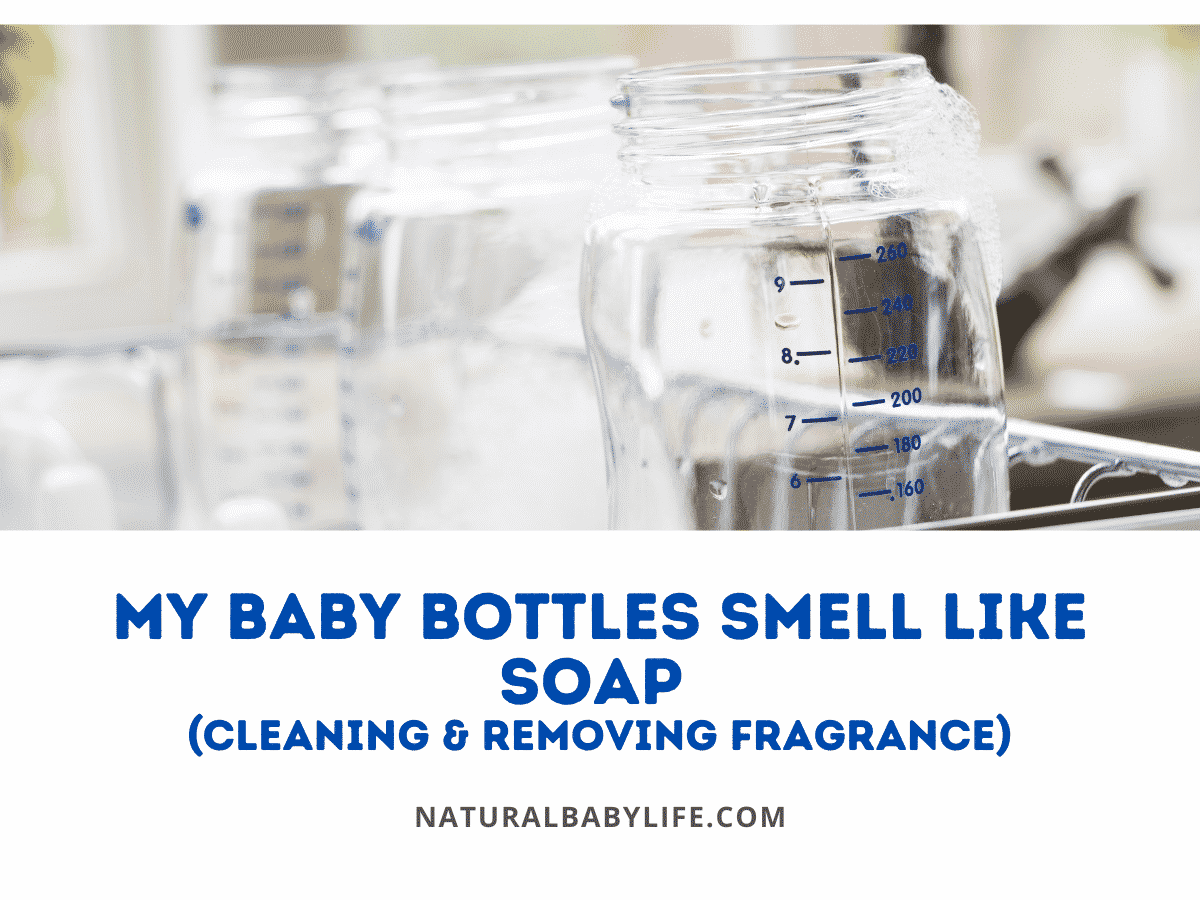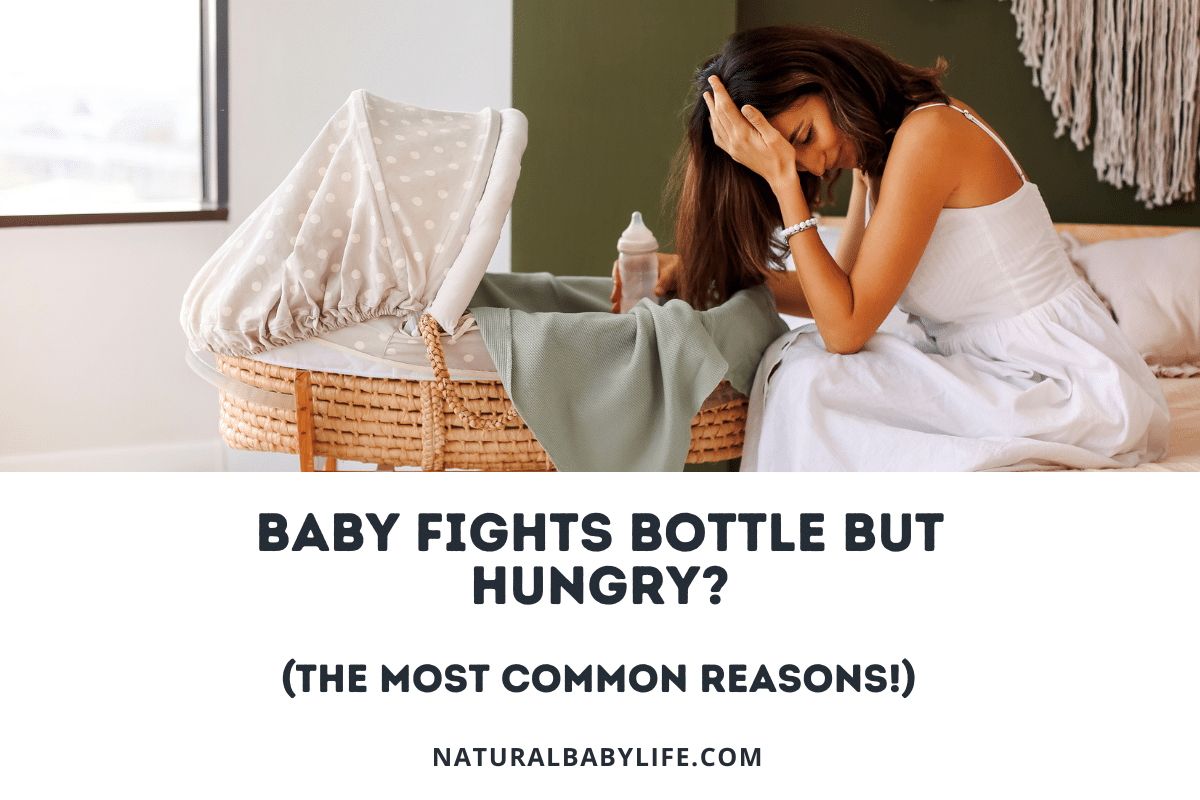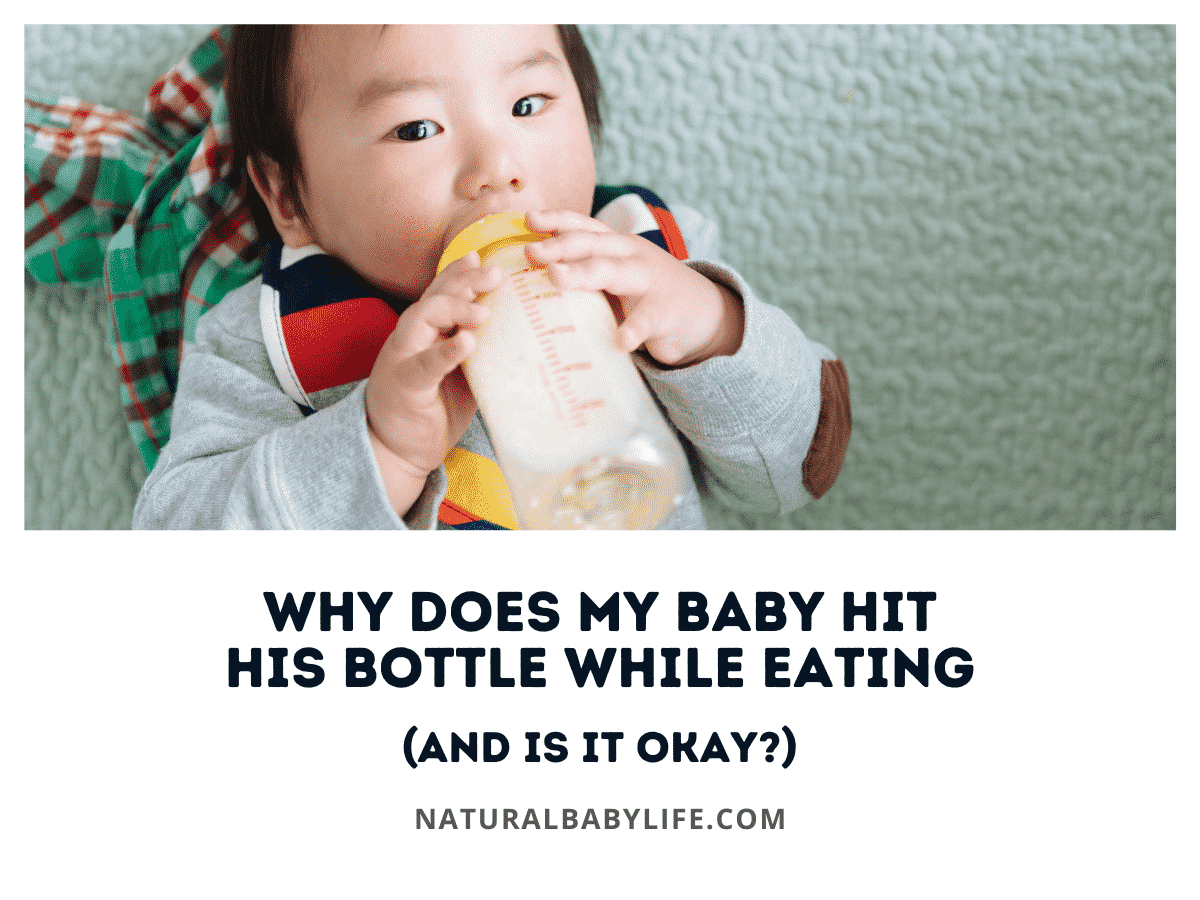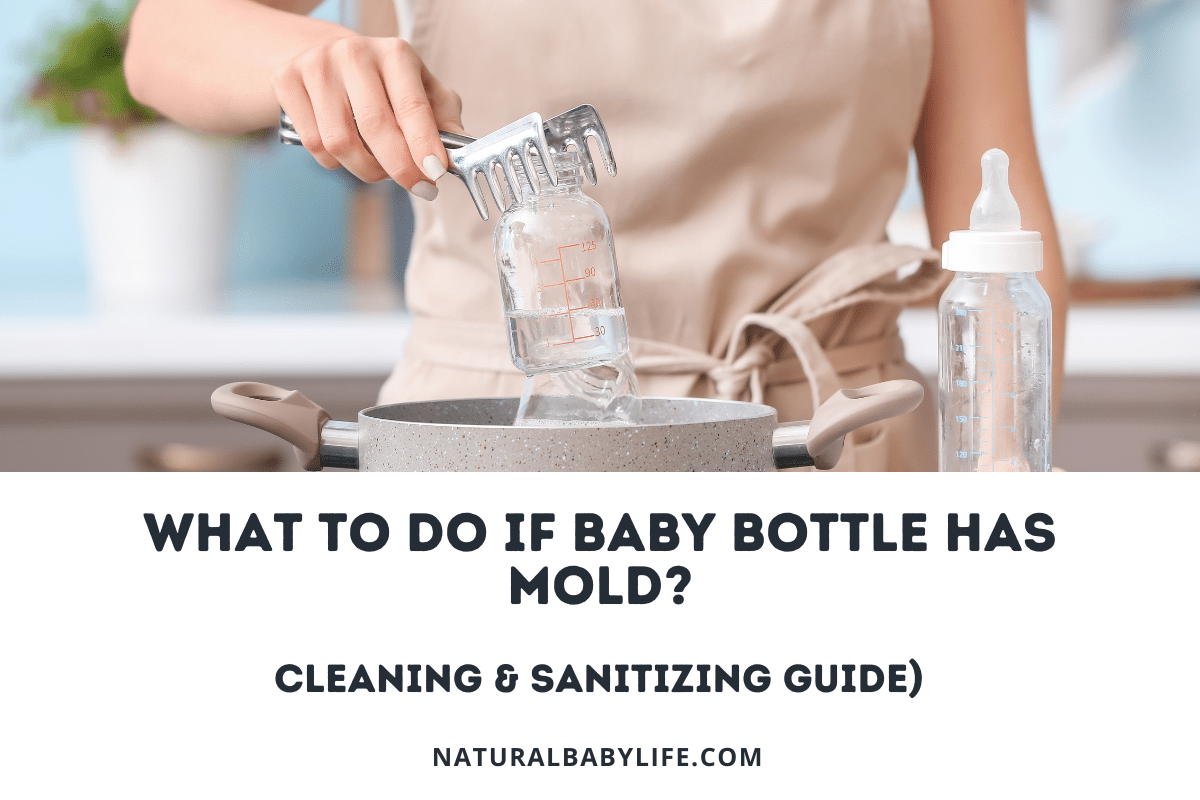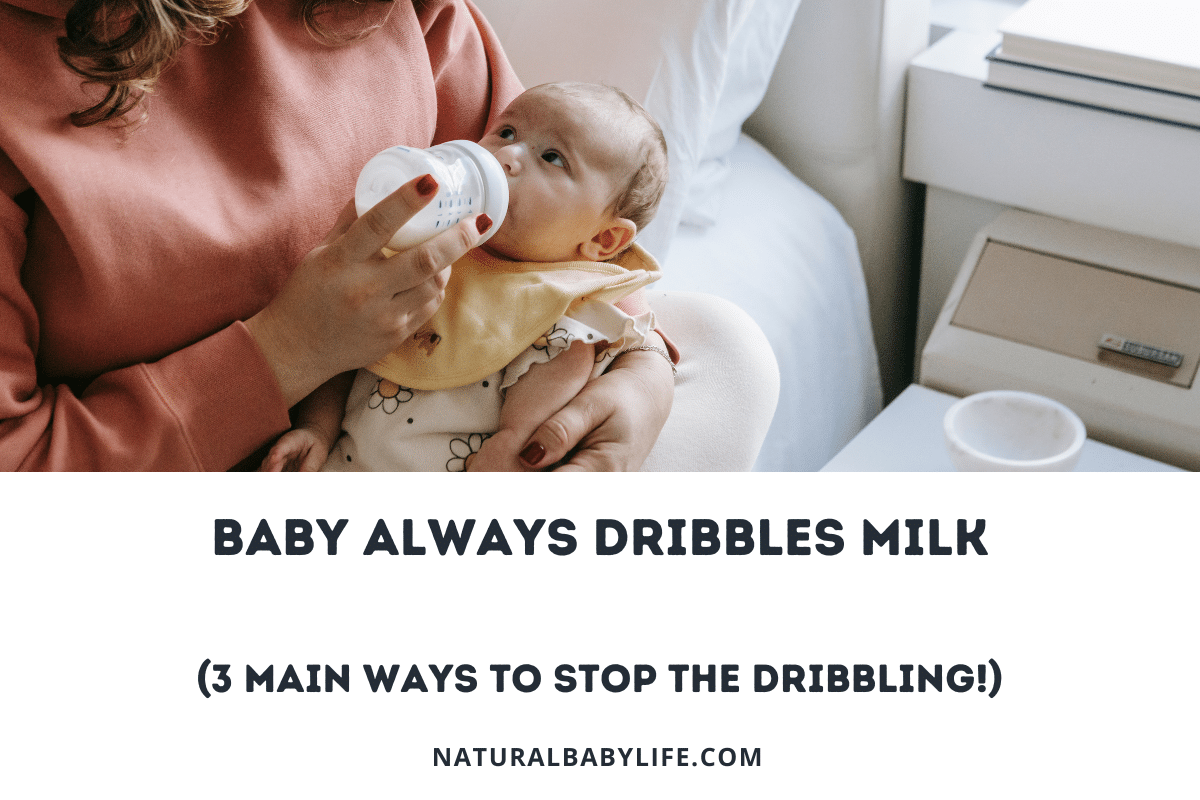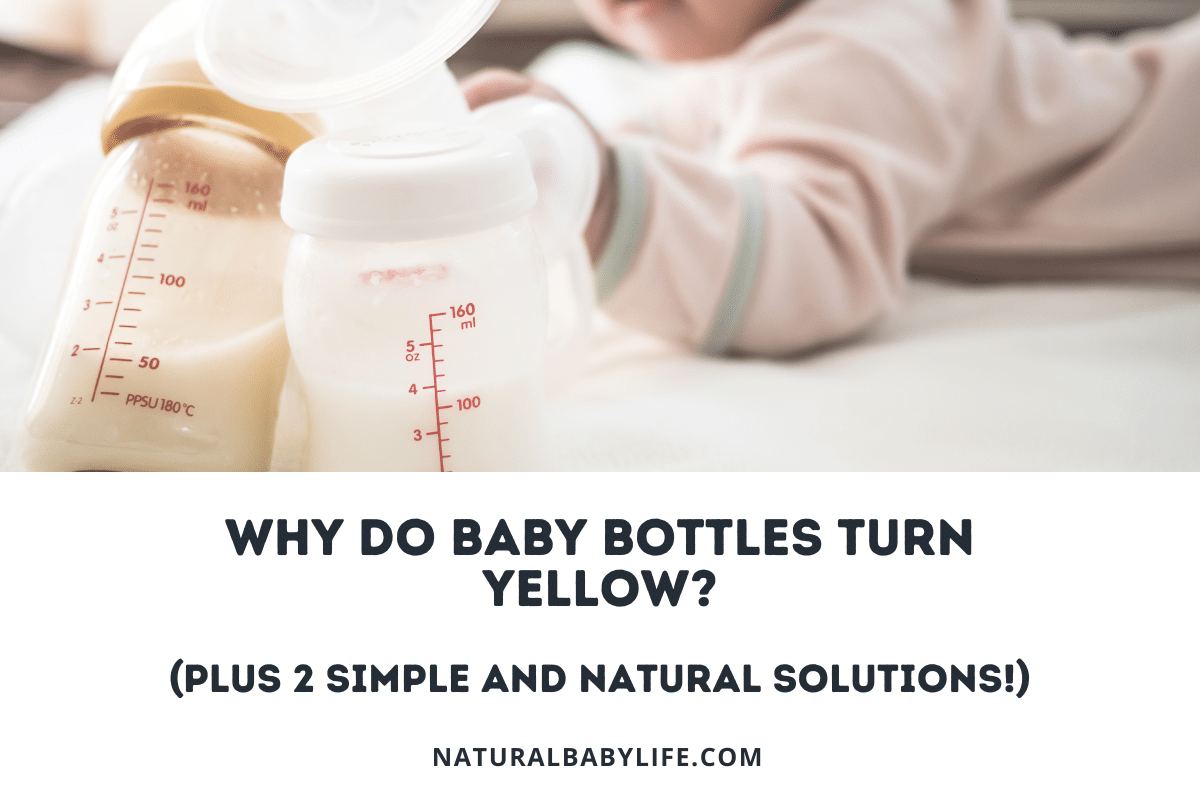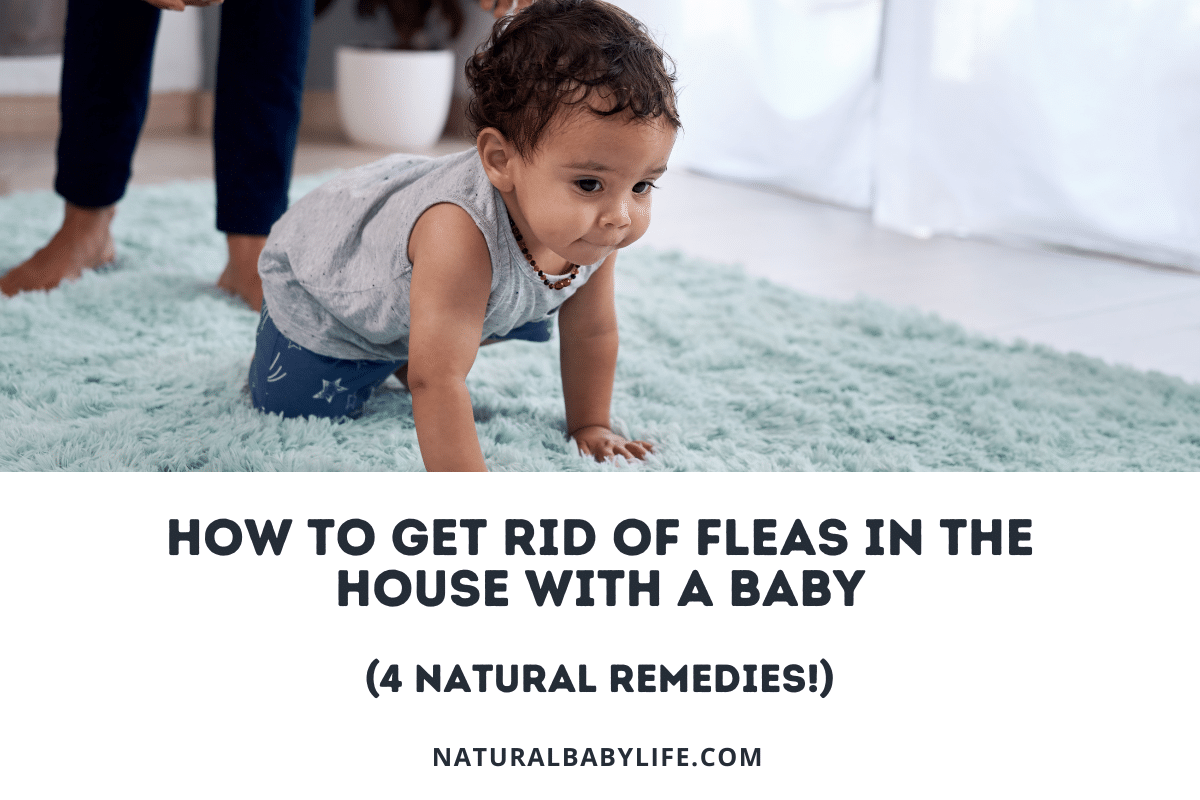The chore of cleaning baby bottles can seem never-ending, especially for new parents. Keeping up with this seemingly simple task can be difficult, so finding that your newly-washed baby bottles still smell like soap can be incredibly frustrating, but how can this be avoided?
Plastic baby bottles are porous, which can cause them to retain odors. Properly cleaning and rinsing baby bottles, keeping bottles in good condition, and using fragrance-free dish soap can all help prevent clean baby bottles from smelling like soap. Maintaining clean, neutral-smelling bottles is important for a baby’s health and development.
Keep reading to learn more about why your baby bottles still smell like soap after washing, how this can affect your baby, and how to prevent your bottles from absorbing odors from soap.
Table of Contents
Why do baby bottles still smell like soap after washing?
Making up over 80 percent of the baby bottle market, many parents find plastic baby bottles to be convenient and practical. In contrast to glass baby bottles, plastic bottles are lightweight and shatterproof. Most baby bottles are made of plastic known as polypropylene. Polypropylene is a safer alternative to harmful plastics, such as bisphenol A (BPA), and it is able to withstand high temperatures.
Though polypropylene is frequently used in food storage items, it has its faults. As mentioned in a study published in the International Journal of Polymer Science, plastics such as polypropylene can be permeable to gases and vapors with low molecular weights, including odors and flavors. This explains why your baby bottles may still smell like soap after washing.
Though plastic baby bottles are prone to absorbing odors. There are additional factors that may cause your bottles to hold on soap smell more readily; these include:
- Insufficient rinsing
- Using fragranced dish soap
- Damaged bottles
- Milk residue
Insufficient Rinsing
If your newly cleaned baby bottles still smell like soap, there is a chance they aren’t getting rinsed properly. Even small amounts of lingering soap residue can lead to soapy-smelling bottles. To reduce soap residue on baby bottles:
- Take your time rinsing baby bottles to ensure that all soap is rinsed away.
- Completely disassemble baby bottles to avoid hidden soap accumulation.
- If you are using a washbasin, frequently replace the water or rinse baby bottles directly from the faucet.
- Use less soap and increase your wash time to thoroughly clean while reducing excess soap usage.
- Purchase a bottle brush or cleaning tool that can reach every part of your bottle.
Using Soap with Fragrance
Most dish soaps on the market contain fragrance. Though fragrance in dish soap can help mask food odors and make washing dishes slightly more pleasurable, it’s not the best option for washing baby bottles.
Since plastic is porous, it is susceptible to absorbing odors and fragrances. When cleaning your baby bottles, using an unscented dish soap may save you the headache of rewashing soapy-smelling bottles.
Damaged Bottles
Though all plastic baby bottles are porous to some degree, damaged baby bottles can hold on to soap residue and absorb odors more easily.
Always check your baby bottles and nipples for cracks, tears, and rough or ridged texture. Immediately replace damaged bottles, because, along with retaining odor, these bottles are more likely to hold on to harmful germs.
Milk Residue
If you notice that your clean baby bottles are smelling of soap, it is possible that you are not smelling your dish soap at all. Breastmilk that has excess lipase, an enzyme that breaks down fatty acids, can have a soapy smell. According to La Leche League International, breastmilk that is high in lipase is not harmful and is still nutritious to babies; however, the off-taste and odor may cause babies to reject the milk.
The strong smell of breastmilk with excess lipase is also more likely to be retained by baby bottles. If you suspect your baby’s bottles smell soapy due to breastmilk with excess lipase try the following:
- Immediately rinse or soak baby bottles after feeding.
- If bottles cannot be cleaned immediately, store them in the refrigerator.
- Soak in hot water to help reduce milk residue.
- Soak in a vinegar solution to help break down the remaining milk.
- Sterilize your bottles.
What if baby bottles smell like bleach?
According to the Center for Disease Control (CDC), soaking baby bottles in a bleach solution can add an additional level of protection against germs. This can be especially important for babies that are under three months of age, born premature, or immunocompromised; however, some parents complain that their baby’s bottles retain the smell of bleach.
The smell that can be left behind from bleach-treating your baby bottles is unlikely to be residual bleach and is most likely chlorine. According to US Chemical, chlorine gas is a byproduct of chlorine bleach, which can result in the accumulation of chlorine residue. This odor may not be dangerous, but it can be off-putting and overwhelming for a baby.
Using the correct concentration of bleach and cleaning protocol can help reduce chlorine residue and boost efficacy. The CDC recommends the following procedure:
- Make a bleach solution using 2 teaspoons of unscented bleach per gallon (16 cups) of water in a clean bowl or basin
- Submerge all bottle components, ensuring that the solution touches all parts and there are no air bubbles in the bottles.
- Squeeze solution through nipple holes.
- Allow items to soak in the solution for at least 2 minutes.
- Remove with clean hands or tongs. Do not rinse (this can introduce new germs). The remaining bleach will break down as the bottles dry and will not hurt your baby.
How to get the soap smell out of baby bottles
Because plastic baby bottles are porous, they can hold on to odors even when they are thoroughly washed. Here are some tips to try if you are already properly washing and rinsing your baby bottles, but still can’t get rid of that soapy smell:
Baking Soda Soak
Using baking soda to deodorize baby bottles is great because it is something most people around the house!
- Add 1 teaspoon of baking soda to your baby bottles and fill with warm water.
- Shake and wash as usual.
For stubborn odors:
- Add 4 tablespoons of baking soda to a bowl or basin, then 1 quart of warm water.
- Soak disassembled bottles overnight; then wash as usual.
Vinegar Soak
Another common household ingredient, vinegar works great as a deodorizer even though it smells pretty strong on its own!
- Prepare a solution that is one part white vinegar and one part water.
- Soak the disassembled bottles for up to 12 hours.
- Wash as usual
Sterilize by boiling
If you have a pot and some water you can use this method – just be sure to start with cold water to reduce the amount of debris and heavy metal present in the water!
- Add disassembled bottles to a pot of water, ensuring there are no air bubbles.
- Bring a pot of water to boil.
- Boil for 5 minutes.
- Allow the water to cool until the bottles can be safely removed.
Sterilize with steam
If you want to invest in a bottle sterilizer – they work great for this application too!
- Add disassembled bottles to an electric steam sterilizer or microwave steam sterilizer, ensure the bottles are facing downwards.
- Follow the manufacturer’s instruction
Can soap residue make a baby sick?
Consuming soap can lead to nausea, diarrhea, and vomiting; however, ingesting trace amounts of soap residue is unlikely to cause harm. Additionally, bottles that have absorbed an odor or fragrance don’t necessarily have detergent residue.
Though giving your baby a bottle that smells soapy or has a small amount of soap residue is unlikely to cause severe symptoms. The unfamiliar and off-putting smell or taste may cause your baby to reject the bottle. Over time, this can lead to malnourishment and other feeding issues.
If you suspect your baby has consumed a significant amount of soap, monitor them for symptoms and seek medical attention if necessary. Check out my article that covers what to do if your baby eats soap to learn more about what to do if your baby ingests soap.
Do you need special soap for baby bottles?
There are many dish soaps available that are marketed specifically for use with baby bottles. These soaps tend to be free of fragrance, dyes, and harsh chemicals. Many of these soaps are great options; however, purchasing a dish soap made specifically for baby bottles is not necessary.
There are many mild, fragrance-free dish soaps that are great for washing baby bottles. I recommend the Method Fresh Ecover Natural Plant-Based Liquid Dish Soap because it is:
- Free of fragrance, dye, and chlorine
- Non-toxic
- Plant and mineral-based
- Tough on milk buildup, but gentle on skin
How do you clean baby bottles without soap?
If you are continuing to struggle to keep your baby’s bottles free of a soap smell and residue, you may look to soap alternatives to clean your bottles. Effective soap alternatives include:
- Vinegar solution
- Baking soda and warm water
- Diluted bleach
Can you clean baby bottles with just hot water?
Washing your baby bottles with just hot water is not usually recommended, because hot water alone is unlikely to thoroughly cut through and remove milk residue. Though boiling water will kill potentially harmful bacteria, it’s important to physically clean your baby bottles to remove excess milk and grime before sterilizing.

